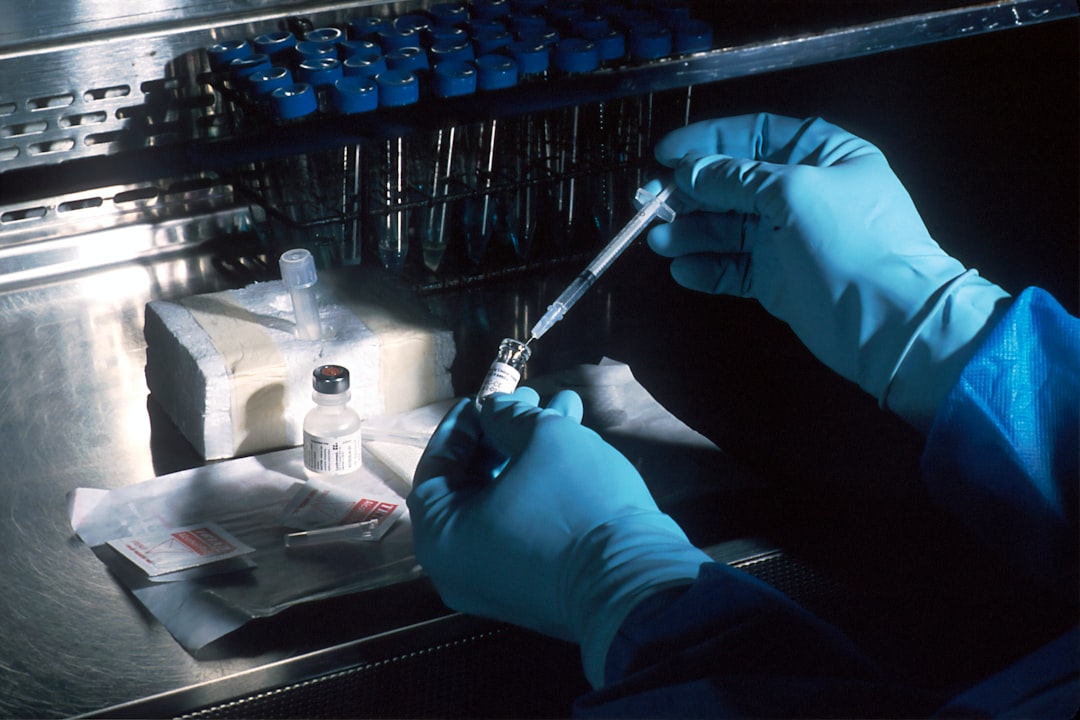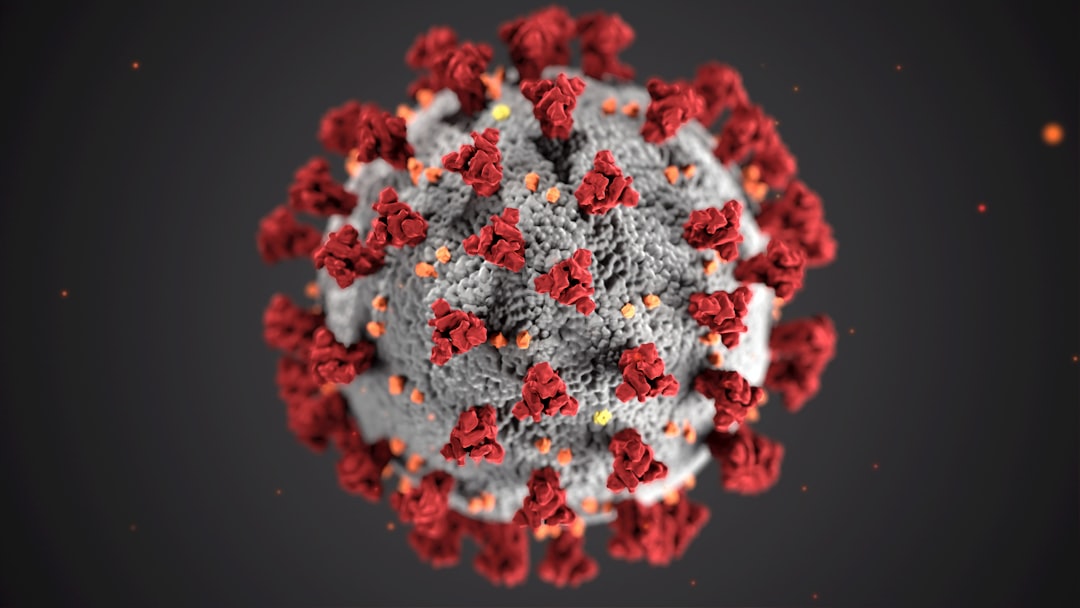What is it about?
Parasitic pathogens often rely on the uptake of metabolites from its host organism for survival. Trypanosoma brucei, the causing agent of Sleeping Sickness, depend of the uptake of nucleosides and free purine bases for its survival, using phosphoribosyltransferases to convert free bases into nucleotides in a single step reaction. In this study we characterize the activity of an adenine phosphoribosyltransferase (APRT-1), and clarify the misannotation of a second gene, previously believe to also encode a second APRT.
Featured Image

Photo by Louis Reed on Unsplash
Why is it important?
The correct annotation and characterization of potential molecular targets are key steps in the development of target-specific and selective therapies to treat diseases with minimal to no side effects.
Perspectives
The study of Neglected Tropical Diseases is often challenging due to the complexity in the parasites' life cycles and lack of pharmaceutical interest. Studies to advance the development of novel therapies are essential to address these issues.
Dr. Ardala Katzfuss
Texas A&M University College Station
Read the Original
This page is a summary of: Characterization of adenine phosphoribosyltransferase (APRT) activity in Trypanosoma brucei brucei: Only one of the two isoforms is kinetically active, PLoS Neglected Tropical Diseases, February 2022, PLOS,
DOI: 10.1371/journal.pntd.0009926.
You can read the full text:
Contributors
The following have contributed to this page










